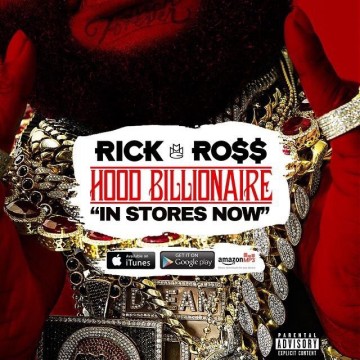Daily 30: Mon 09.29.2014
Breaking News!
9mo
9mo
The Definitive Compilation
9mo
Rare Footage
9mo
9mo
9mo
'97 Classic
11mo
9mo
This is jamming
9mo
Who's Got The Gwop?!
9mo
Fashion!
9mo
Smash Of The Day
9mo
9mo
Full Album Preview
9mo
baby talk
9mo
Happy Birthday
9mo
1y
1y
1y
Ballin'!!!
9mo
Will These Two Finally Square Off?!
9mo
It's Never Too Late!
9mo
9mo
Happy Birthday
9mo
9mo
12mo
11mo
Based On A True Story
10mo
11mo


































